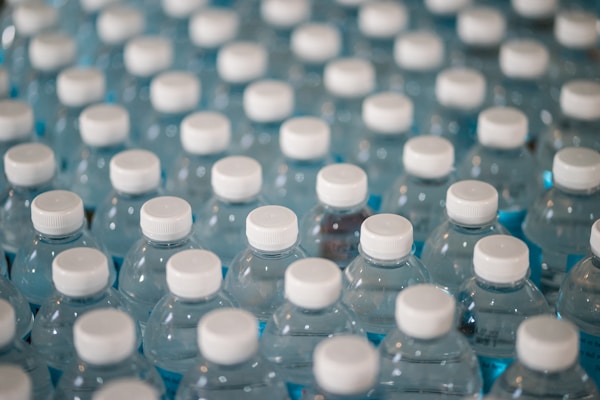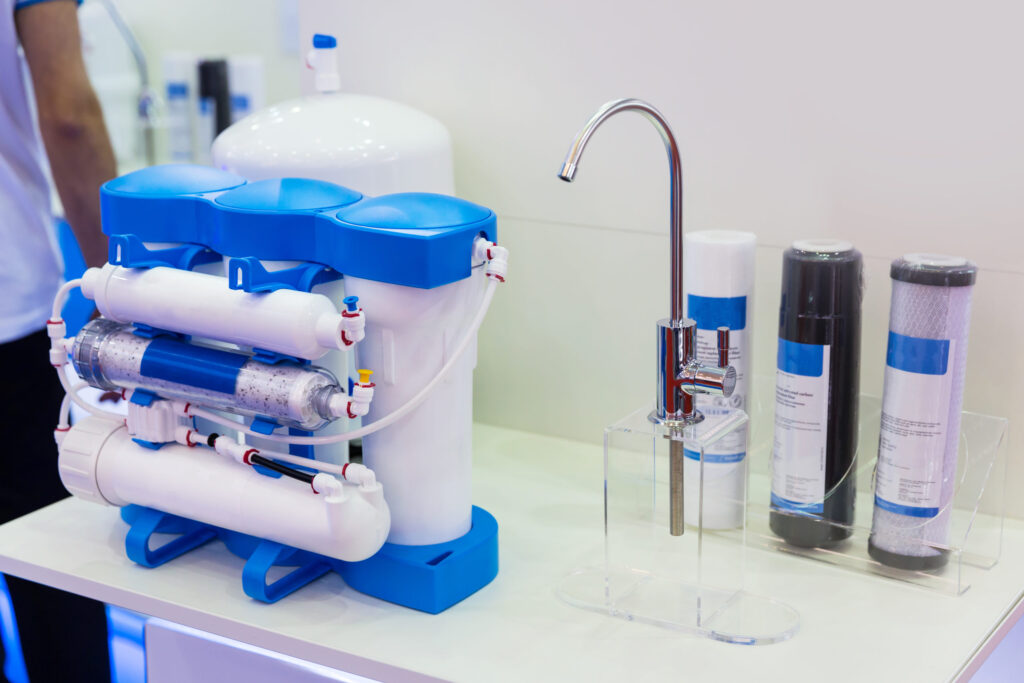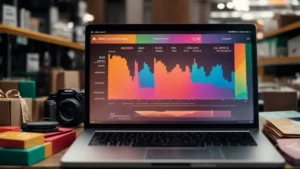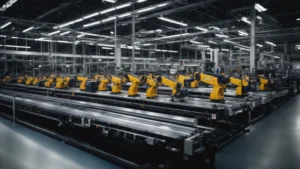Reverse osmosis (RO) is a water purification process that utilizes a semipermeable membrane to separate ions, molecules, and larger particles from drinking water. The idea behind reverse osmosis involves the movement of liquid with high concentrations of solutes through permeable membranes towards areas with lower concentration levels. A reverse osmosis commercial system is typically used to produce clean water for industrial or commercial applications. This technology has many applications, such as the filtration of potable liquids for human consumption, irrigation needs, and industrial purposes; it can also be used to desalinate seawater to produce freshwater resources. Keep reading to learn more.
What are the benefits of using a commercial RO system?

Reverse osmosis systems are highly efficient and cost-effective and are used by various businesses, including those in the food and beverage, pharmaceutical, and medical industries. These businesses rely on clean water for manufacturing, production, and sanitization purposes.
One of the main advantages of commercial RO systems is that they can be used to produce high-quality drinking water. RO systems can remove contaminants like lead, arsenic, chlorine, and other harmful chemicals and microorganisms. They also reduce the amount of salt in seawater, making it suitable for irrigation or other uses. The use of a reverse osmosis system can also reduce the cost of purchasing clean water, eliminating the need to buy bottled or purified water.
What businesses benefit from the use of commercial reverse osmosis purification systems?
Commercial reverse osmosis purification systems are an increasingly popular choice for companies in many industries. These systems provide a safe and reliable way to purify water for various industrial, beverage, and food processing applications. Water purification systems can remove a wide range of contaminants, such as bacteria, viruses, and chemicals while preserving the essential minerals and trace elements that are beneficial to human health. The purification process is also much more efficient than traditional processes, saving businesses money in the long run. Commercial reverse osmosis systems are easy to install and maintain, making them ideal for businesses that require a reliable source of purified water.
In the food and beverage industry, commercial systems purify water used in production and manufacturing. This includes water in beverages, soups, sauces, and dairy products. Reverse osmosis is also used to create ice cubes, clean food processing, and preparation equipment, and purify water used to produce finished products.
The pharmaceutical industry uses RO systems to create distilled and purified water, which is used to produce drugs and medical devices. They are also used to generate water for injection, this is a type of sterile water needed for medical procedures.
Industrial companies rely on reverse osmosis for various applications, including cooling tower make-up, boiler make-up, process water, and wastewater treatment.
By using a commercial reverse osmosis purification system, businesses can ensure that the water they use is safe and of a higher quality than untreated water. This can benefit businesses in industries such as food and beverage production, where water can come into contact with food products. Purified water can also be used for cleaning, which can help reduce the risk of cross-contamination in food processing environments.
How do you choose a reverse osmosis system?

You’ll want to consider several factors when choosing a reverse osmosis system. The first is how much water you need to filter. You’ll also need to decide what contaminants you want to remove from your water. Some systems are better at removing certain chemicals or particles than others.
Finally, you’ll need to think about your budget. However, it’s important to remember that quality matters regarding water filtration systems. You may pay more upfront for a high-quality design, but it will likely last longer and provide better results than a cheaper option.
The use of commercial reverse osmosis purification systems is highly beneficial to businesses, as they offer a reliable, cost-effective, and safe water purification method. Companies in various industries, such as food and beverage production, medical equipment manufacturing, and chemical production, all benefit from using these systems.





